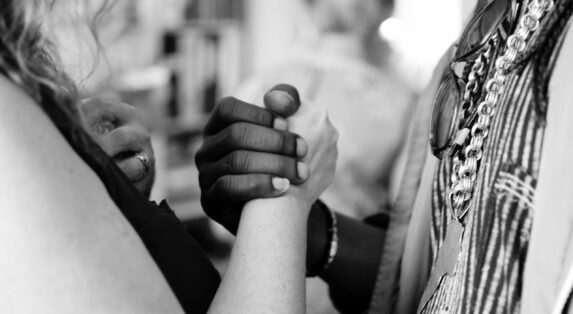Why does our changing community identity matter? (Complete scheme of work)
Key stage 4 (ages 14-16) • Active Citizenship • Core Curriculum
Why does our changing community identity matter?
This scheme of work is part of ACT’s key stage 4 model curriculum and addresses the requirements of the National Curriculum for Citizenship using a key enquiry question as the focus. Teach your key stage 4 students to become an active citizen in their local community. It forms part of our model core curriculum which is exclusively available to School and College Members.
These six lessons allow students to consider what identity is and the role an individual has within their community. They consider what a community is, and how we can be part of multiple communities through multiple identities. The scheme of work then looks at factors for migration and its impact, before analysing how we can maintain respect in society. The lessons also look at the concept of belonging. Students will then have the opportunity to consider how they might be active citizens to ensure that communities are cohesive and allow every citizen to have a sense of belonging.
Key stage 4 Citizenship National Curriculum requirement:
The different ways in which a citizen can contribute to the improvement of their community, to include the opportunity to participate actively in community volunteering, as well as other forms of responsible activity.
Join as a School and College Member to access the complete collection of lesson plans, slides and support resources.
Active citizenship is a process to involve pupils in learning how to take part in democracy and use their Citizenship knowledge, skills and understanding to work together in trying to make a positive difference
Liz Moorse
Chief Executive, ACT
- Lesson 1: What is our local community and how am I part of it?
- Lesson 2: How and why do people migrate to and from our communities?
- Lesson 3: How has migration affected our society?
- Lesson 4: Windrush, Refugees and Asylum Seeking – Busting the Myths
- Lesson 5: How can we maintain respect and understanding in our society?
- Lesson 6: Does being a citizen of a country make you feel like you belong?



